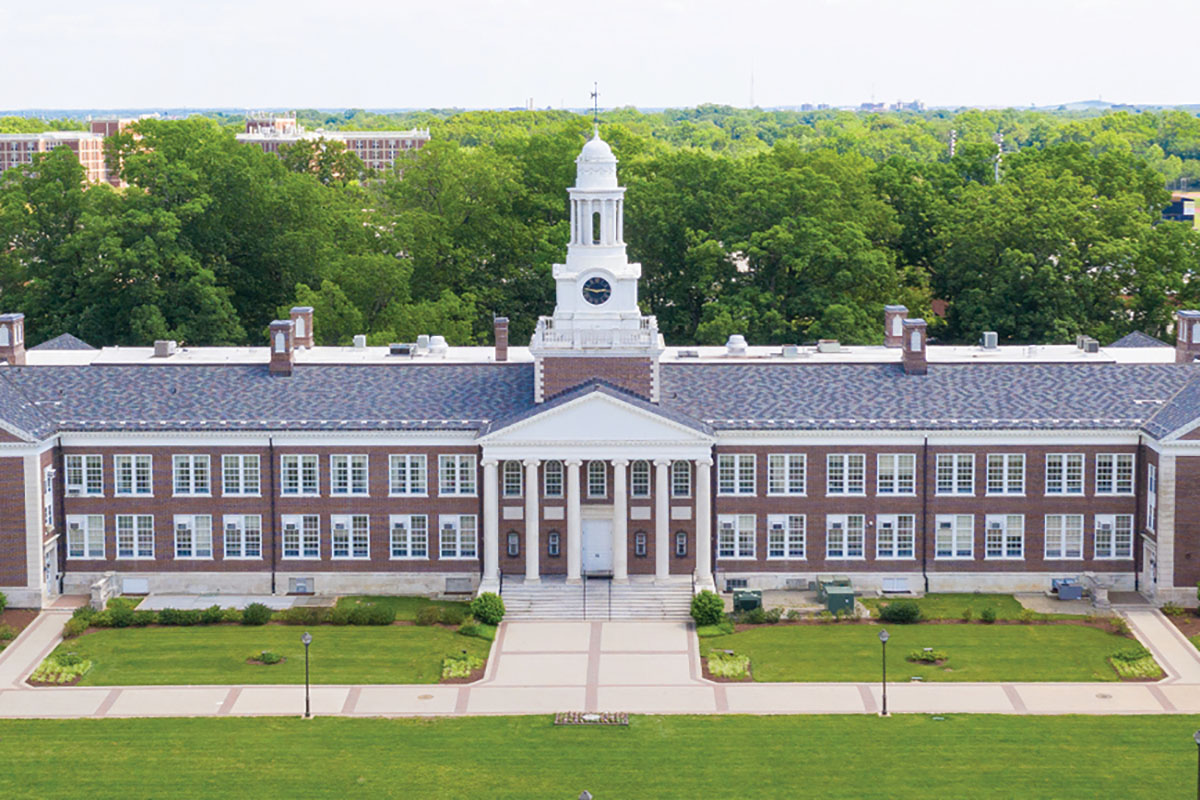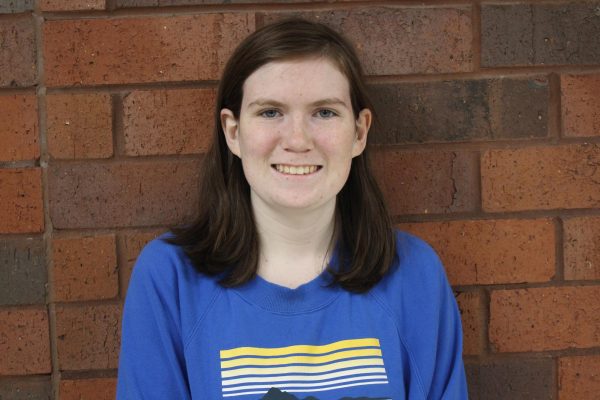The New Jersey College partnership is a collaboration between The College of New Jersey and UW-Eau Claire where they share information with each other.
According to the UW-Eau Claire website, this is part of a $400,000 grant from the National Science Foundation as a part of the Enabling Partnerships to Increase Innovation Capacity.
“UW-Eau Claire faculty in chemistry, physics, geology, environmental public health, biology, geography and mathematics will work as partnership fellows on the project,” according to the website.
The grant went into effect on Oct. 1. Dr. Micheal Carney, the assistant chancellor for strategic partnerships and program development, is a member of the University of Wisconsin-Eau Claire faculty member involved with the partnership.
Faculty members Dr. Alex Smith, the professor of mathematics and chair of the computer science department, and Dr. Doug Dunham, the director of the Materials Science and Engineering Center and chair of the materials science and biomedical engineering department, work together with Carney for the partnership.
Smith said these three, along with members of faculty at The College of New Jersey, wrote the proposal together, while Dunham did the primary writing.
Dunham said UW-Eau Claire will be working with about 30 other colleges as part of a cohort through the grant.
“Annually, we get together to also talk about how everyone else across the country is doing this with the idea of trying to, basically, increase capacity for innovation,” Dunham said.
The colleges have only met so far for a ‘pre-collection’ meeting to apply for the grant. Several meetings online to discuss expectations and form cohorts and another conference in Atlanta when their grant proposal was accepted, Dunham said.
Both Dunham and Smith compared some of the online meetings as akin to speed dating. Smith also said the reason they chose to partner with The College of New Jersey is because both universities share a lot of similarities like size, for example.
But a difference between the two colleges, Smith said, was the fact that The College of New Jersey faculty is unionized where UW-Eau Claire is not.
“That sort of gives different tensions about expectations for professors on research and how much they should do and what the reward structure is,” Smith said.
One other issue Smith said the universities have when working together is some universities have trouble sharing internal affairs.
Dunham then said as a part of working with other universities, they will also be working with industries and have worked with over 60 in the past, one of which Smith listed as Mayo Clinic.
“We’re going to start determining what collaborations we already have with industry and then, after that, determine what other industries we think would make good partners,” Dunham said.
One barrier, according to Dunham, they can run into when working with industry is dealing with non-disclosure agreements. This occurs when they will be working with a company’s intellectual property where the process can sometimes take up to six months.
“Once you sort of start the talk between professors and industry, it takes a long time to actually figure out what their problem is,” Smith said.
However, Dunham also said they have only had to sign about 10-15 non-disclosure agreements when working with industries in the past so it’s not very common.
Another cohort of universities will be receiving a grant to form the same collaboration as the first which Dunham said will be receiving support from colleges from the first cohort.
“What we learn we can pass on to them so they don’t have to make the same mistakes or the things that we might make as we’re trying to do this,” Dunham said.
Smith said that he hopes that by the end of the three-year grant, the UW-Eau Claire faculty in different scientific and mathematical fields will be able to work together and ‘triage’ any problem they have.
Liz Curtin can be reached at [email protected].








